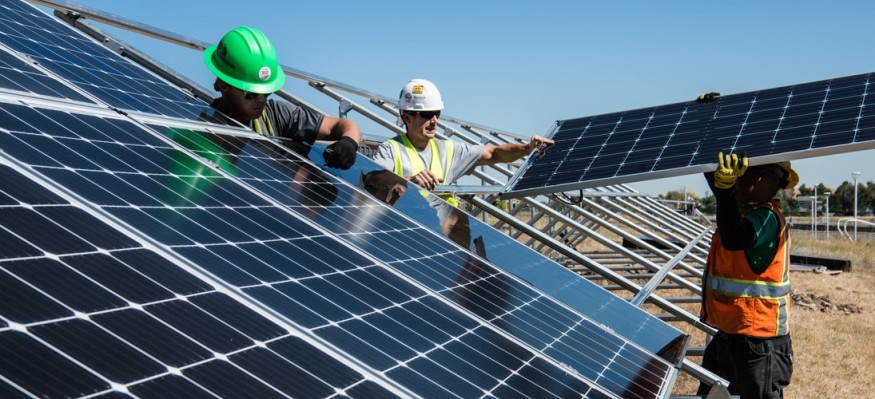When it comes to healthy living, the younger millennials are ready to put their money where their mouth is. They surveyed young adults in Japan who made their priorities known in a study that challenged both commitments to sustainable lifestyles and willingness to swap better pay to work for a more eco-minded business.

The results were published in a special issue of the Journal of Cleaner Production on Jan. 31 that focused on the UN's Sustainable Development Goals (SDGs). Researchers conducted two polls to learn how people feel about the SDGs, which have 17 priorities and 169 commitments that must be met by 2030, including ending hunger and guaranteeing universal access to clean water and sanitation.
Social Awareness of the Younger Generation

"Many people suggest that the younger generation is more socially aware and has sustainable development goal-oriented action," said Tomomi Yamane, a researcher with Hiroshima University's Network for Education and Study on Peace and Sustainability (NERPS). "We provide new evidence that the younger generation favors a sustainable lifestyle to the older generation in this report. Younger workers are therefore able to forego income to work with businesses that are committed to the SDGs."
The first poll, conducted in 2019 and 2020 with a national adult sample of 12,098 adults from all generations, showed that those aged 18 to 30 were much more likely to value and adopt sustainable practices, such as spending more on sustainably manufactured goods.
"By 2030, the younger generation will be the core labor force of society, projected to make genuine efforts to create a stable future and potentially play a major role in achieving the SDGs," said Shinji Kaneko, NERPS professor at Hiroshima University and study co-author.

"Companies that wish to encourage younger consumers to purchase their goods or services or work for them should include the SDGs in their campaigns and make a substantial commitment to the SDGs."
Research Results

In a seemingly contrary finding to their overall interpretation, the researchers discovered from the first study that younger generations are more worried than older generations about finding a stable, well-paying career. According to Yamane, the younger generation is more likely to accept lower pay in exchange for an organization committed to the SDGs.
In the second study, 668 university students were interviewed to hear about their work expectations and how pay and business ideals interact with the younger generation. Even if given a high wage, a participant's likelihood of choosing the most minor SDG-minded organization was about 28%. Even with the lowest salary, the chance of having an organization that is dedicated to SDGs rose to 56 percent. A participant's likelihood of deciding to work for a high-paying SDG-focused organization was 87 percent.
Youth for Sustainable Development

"Despite the results from the first survey showing that the younger generation wants better pay more than older generations," Yamane said, "the findings indicate that younger generations could modify their behavior as they become informed about the intrinsic nature of SDGs." "Our results say that today's youth will be the guiding force behind meeting the Sustainable Development Goals."
The researchers would then perform a more in-depth study to determine job-related habits and expectations toward SDG contributions and salaries.
Also Read : How to Live Sustainably Today? Just 5 Ways!
For more news update about Environmental Action, don't forget to follow Nature World News!
© 2025 NatureWorldNews.com All rights reserved. Do not reproduce without permission.





